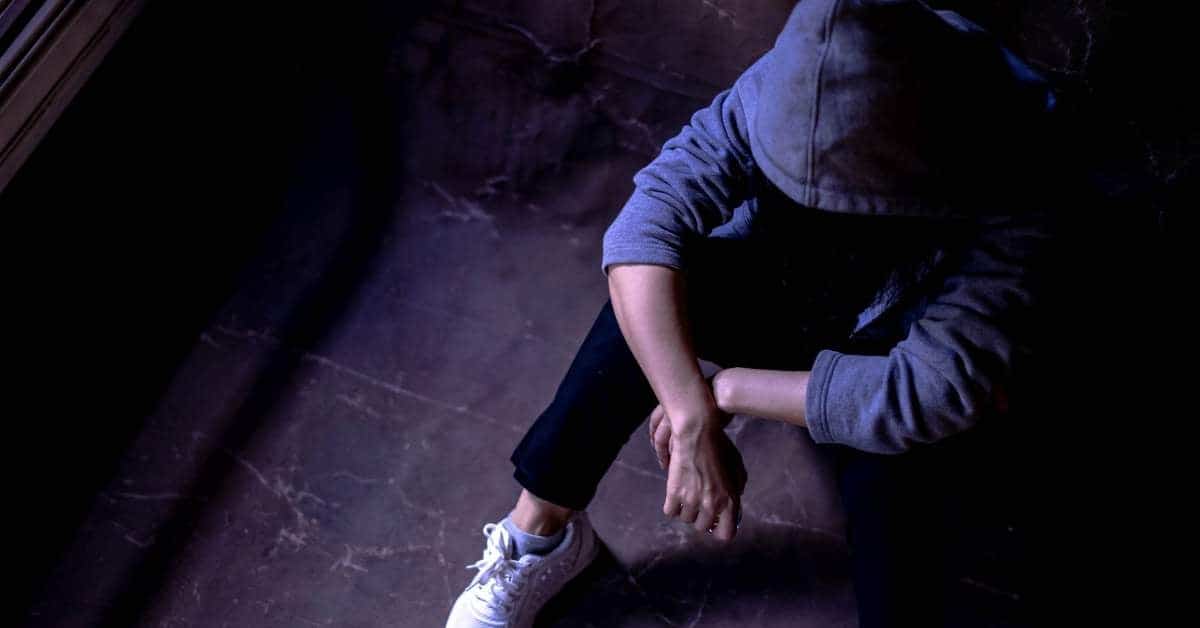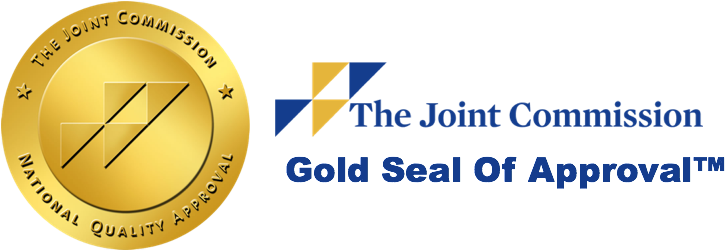When an individual has both a mental health disorder and substance use disorder (SUD), they have what is called a dual diagnosis. Often, the two issues feed off of and fuel the other.
Mental Health
There is a variety of mental health issues that can occur for people struggling with a dual diagnosis. Some of these include:
- Post-traumatic stress disorder (PTSD)
- Generalized anxiety
- Depression
- Obsessive-compulsive disorder (OCD)
- Eating disorder
Substance Abuse
The second diagnosis can include an addiction to any number of illicit substances, including:
- Alcohol
- Cocaine
- Heroin
- Methamphetamines
- Hallucinogens
The Role of Trauma
A major component when dealing with both mental health and SUD is trauma. Often, a person has issues they are actively attempting to block or cannot remember that have had a negative impact on their lives.
Many individuals believe that their personal trauma defines them. Because of this, they will do whatever they can to try and block it. This is the opposite of what should be happening. In the best-case scenario, these people would seek treatment as early as possible to deal with these issues head-on. However, this often does not happen, leading to deeper mental issues and reliance on illicit substances.
Dangers of Partial Treatment
When individuals enter treatment and are diagnosed with co-occurring disorders, it is important that the recovery center understand both sides and make sure to treat them simultaneously.
A person entering a recovery program with a dual diagnosis will face issues if only treated for their substance abuse. There is a danger that they will be allowed to leave without discussing their other issues. This may be due to being misdiagnosed or even going undiagnosed. In either case, the issue is that substance abuse has its roots somewhere. Often, these roots lay in trauma, which is directly linked to mental health.
Should the person be considered treated simply because they have their SUD under control, there is a high likelihood that they will return to their habits due to their inability to cope with their unresolved mental health issues relating to trauma.
On the other hand, an individual who has been treated for mental health issues without being treated for substance abuse will find that they cannot stop using illicit substances. The problem is that although their mental health issues may have been addressed, their addiction is still present.
Addiction may begin as a coping mechanism associated with trauma and mental health, but it will also become a physical need. People will begin to need the numbing powers to help them do simple things like sleep. If they do not enter detox and work on this part of their issues, it will not go away on its own.
Treating the Entire Person With a Dual Diagnosis
When a person is admitted to a proper treatment program, they will go through a battery of assessments to determine the root causes of their substance abuse. This is the point at which a dual diagnosis will be determined.
Detox
The first step in the process will then be to go through detox, thus removing any remaining illicit substances from the body and allowing the person to, in essence, start fresh. It should be clear that nobody is ever cured of their SUD. Treatment and rehab exist to show a person how to live without these substances. However, the urge to use will simply be quelled. It will never truly go away.
Therapy
Once the individual has gone through detox, the recovery process will begin in earnest. It involves multiple types of therapy:
- Individual therapy: Deals primarily with mental health issues. It begins the conversation around trauma and traumatic experiences while showing people that they are capable of confronting both their mental and substance abuse issues
- Group therapy: Reminds people that there are others with similar concerns and encourages them to work through them together, learn from each other, and connect in the recovery process
- Medication-assisted treatment (MAT): Medication will help lessen some of the side effects of mental health issues
These three will be utilized together in an effort to begin healing all parts of a person with a dual diagnosis. With these various therapies working together and being administered by trained medical professionals, the person has a much better chance of learning to deal with their dual diagnosis. They will be able to leave treatment with a better sense of themselves, tighter control of their issues, and a plan of action moving forward.
The Phoenix Recovery Center
At The Phoenix Recovery Center, we have years of experience dealing with dual diagnoses. When an individual comes through our doors, our team is ready to meet them and put them on the right track.
Regardless of what their issues are, we offer individualized programming to ensure that each person is being taken care of in a way that perfectly fits them. At our state-of-the-art treatment center, we can offer both intense inpatient and outpatient programs not found anywhere else.
When you put yourself in the hands of The Phoenix Recovery Center, you are proving to yourself and others that you are ready for the healing process to begin. To learn more about our techniques and facility, contact The Phoenix Recovery Center at (801) 438-3185.







